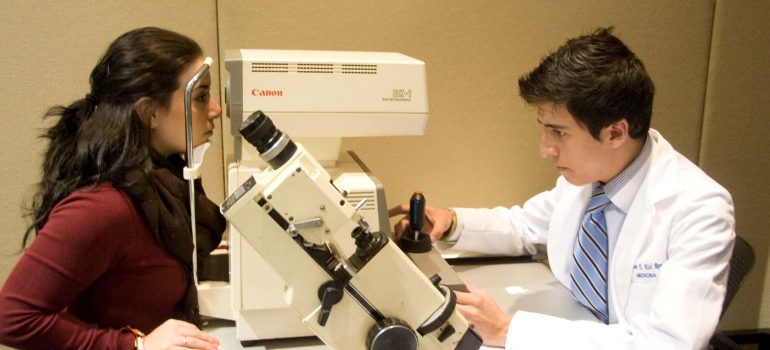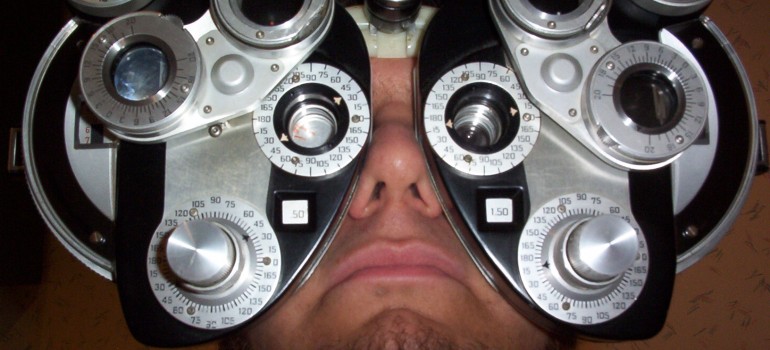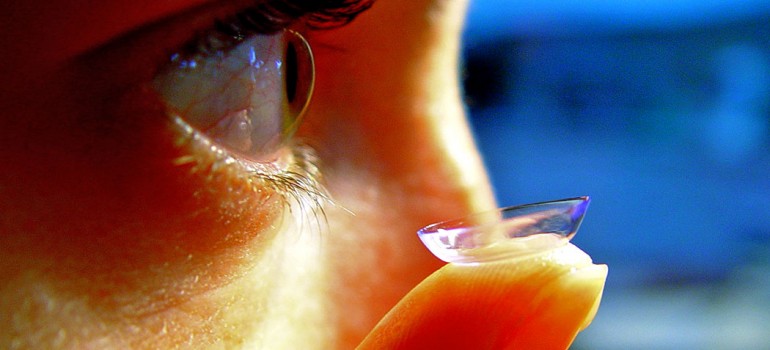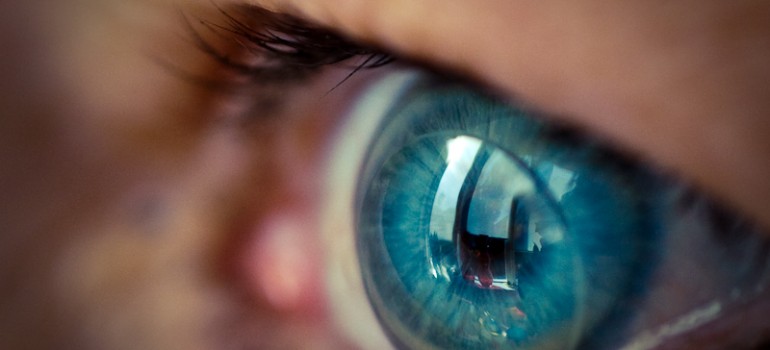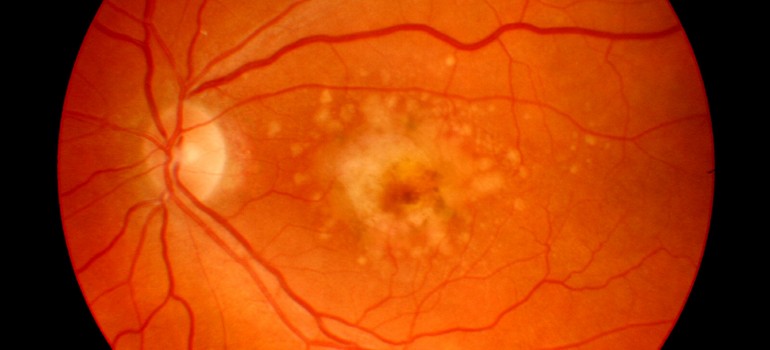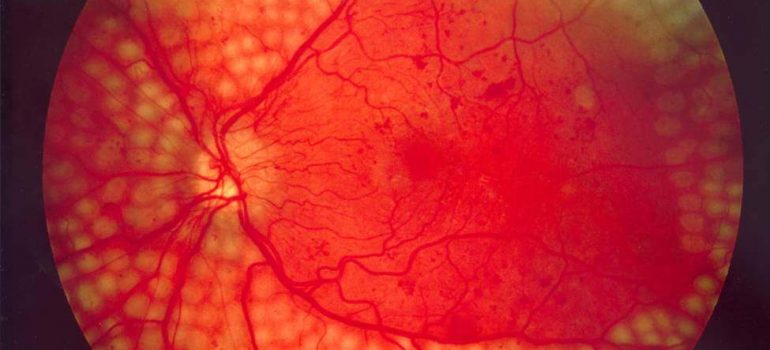
Treatment of Diabetic Retinopathy
Diabetic Retinopathy (DR) is a term to describe retinal damage which may or may cause visual loss and occurs as a result of Diabetes. The treatment of DR varies depending on the severity of retinopathy and whether or not the macular is involved. Background DR Mild background DR requires no …
May 2, 2016 Examination

